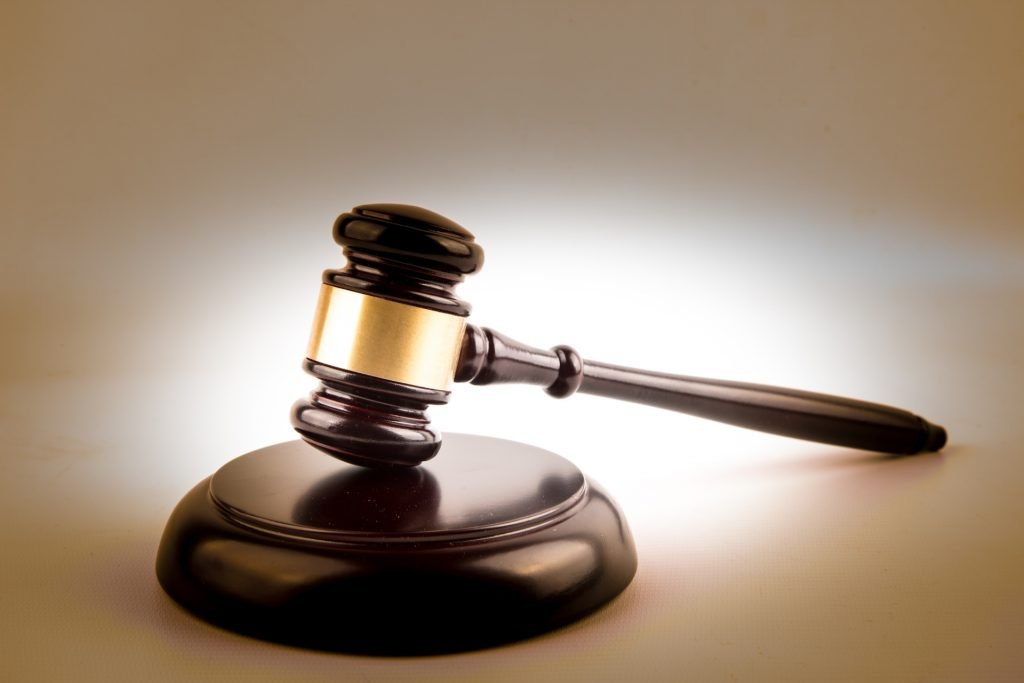Judge orders State to release two Venezuelan women

A HIGH COURT judge has ordered the release of two more Venezuelans from the State’s detention facility by 4 pm on Friday.
In a ruling delivered late on Thursday, Justice Avason Quinlan-Williams ordered that the women be put under orders of supervision.
The judge was ruling on a writ of habeas corpus filed for the two women, who have been at the facility since November.
Their lawyers applied for the writ after the National Security Minister issued deportation orders for them in January, despite the State's having given an undertaking not to deport them until their constitutional claims were heard and determined.
In her decision, Quinlan-Williams held that the women’s detention under the minister’s deportation order was unlawful.
“Therefore, since there can be no deportation, there can be no detention as a precursor to deportation,” she said in her ruling.
“There is therefore no legitimate exercise of power to detain the applicants. They cannot be deported. The applicants cannot be deported unless there are further or other orders made by the court,” she added as she ordered their release.
The judge said the undertaking given by the Attorney General in the constitution claim had the same effect as an injunction.
“…The court finds that it is irrelevant and immaterial if a deportation order is made against any of the claimants. The Attorney General undertook to stay any deportation order made in the claim until the matter is determined. Such an undertaking was to preserve the integrity of the court proceedings,” she held.
In the deportation orders, the women were told they were considered “undesirables,” as described in section 8(1)(p) and(q) of the Immigration Act.
But Quinlan-Williams said in neither section 8 nor 16 was there any power to make deportation orders. She also said where section 22 of the act, which deals with illegal entry, was being relied on, then before a deportation order was issued, there should be a special inquiry by the Immigration Division.
In response to an argument by attorneys for the State that the Venezuelans could have filed judicial-review proceedings rather than apply for a writ, she said, “I am satisfied that whether or not the applicants have another or other options available to seek similar or like redress, an application for a habeas corpus is a suitable and available remedy.
“It would set a dangerous precedent for this court to say to an applicant, where the liberty of the subject and the lawfulness of an arrest and detention is concerned, that habeas corpus is not available to you because you have a different option.”
The women were among the group of Venezuelans who returned to Trinidad two days after they were escorted out of TT waters by the Coast Guard.
Representing them are attorneys Gerald Ramdeen, Umesh Maharaj and Dayadai Harripaul. The State was represented by Senior Counsel Fyard Hosein, Raphael Ajodhia, Sanjiv Sookoo instructed by Nisa Simmons.

Comments
"Judge orders State to release two Venezuelan women"